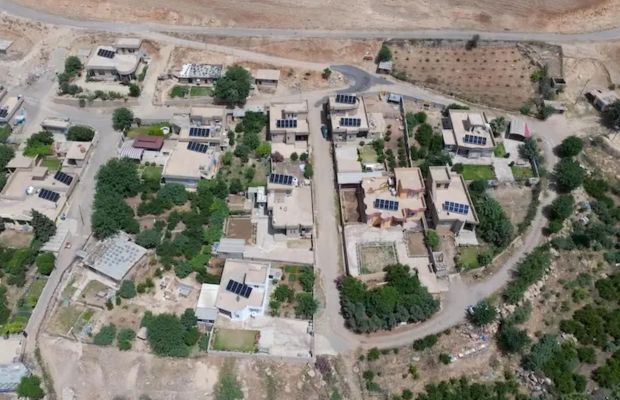Iraq’s first fully off-grid, solar-powered village has officially opened in the town of Kulak, signalling a new approach to tackling climate and energy challenges in the region.
Developed by the Erbil-based Rwanga Foundation, the project supplies round-the-clock electricity to the village entirely through solar energy. It also incorporates systems for agricultural irrigation and is set to deliver training in climate-conscious farming techniques.
The initiative comes as Iraq faces increasing environmental pressure. The United Nations recently listed the country among the five most vulnerable to the effects of climate change, citing extreme heat, desertification, and water shortages.
Speaking at the launch, Idris Nechirvan Barzani, President of the Rwanga Foundation, said the project aims to support local communities with practical tools to address environmental threats while strengthening local infrastructure.
Plans are in place to replicate the model in other parts of Kurdistan and central Iraq by 2030. The project forms part of the foundation’s broader Green Kurdistan campaign, developed in partnership with regional authorities and international agencies.
In addition to energy access, the initiative is expected to support food production and land restoration. The foundation has previously led reforestation campaigns, including the planting of more than 200,000 trees over the past five years.
Rwanga’s latest development is being positioned as a locally driven effort to provide rural communities with the means to withstand worsening environmental conditions through sustainable energy and agricultural practices.



